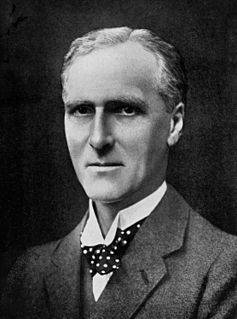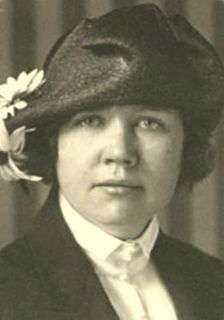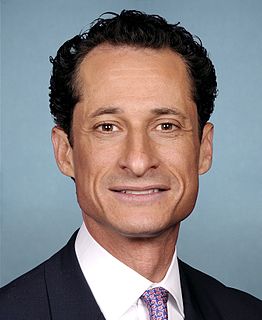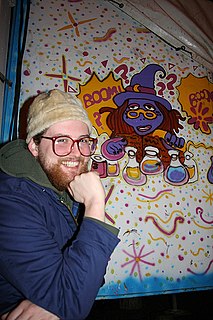A Quote by Arthur Keith
Tribal life comes automatically to an end when a primitive people begins to live in a town or a city, for sooner or later a tribal organization is found to be incompatible with life in a city.
Related Quotes
A significant number of people believe tribal people still live and dress as they did 300 years ago. During my tenure as principal chief of the Cherokee Nation, national news agencies requesting interviews sometimes asked if they could film a tribal dance or if I would wear traditional tribal clothing for the interview. I doubt they asked the president of the United States to dress like a pilgrim for an interview.
One always, sooner or later, comes upon a city which is an image of one's inner cities. Fez is an image of my inner self. ... The layers of the city of Fez are like the layers and secrecies of the inner life. One needs a guide. ... There were in Fez, as in my life, streets which led nowhere, impasses which remained a mystery.
Sooner or later there will be a nuclear 9/11 [by Islamic terrorists] in an American city or that of a US ally... A terrorist nuclear attack against an American city could take many forms. A worst case scenario would be the detonation of a nuclear device within a city. Depending upon the size and sophistication of the weapon, it could kill hundreds of thousands or even millions of people.
When I choose the picture of the cover of the book 'Instant City: Life and Death in Karachi', I thought, gosh, many people in Karachi may not like this image; I'm representing the city as a burning bus. But to the contrary, they loved it, because that is people's understanding of their own city, of going on with life no matter what.
I think living in Baltimore and being a part of the community and trying to be part of as many communities as possible within the city, the best thing that anyone can do in Baltimore is just to be a part of it and contribute to it and to not see it as...A lot of people from outside the city see this city for its blight and I feel like people who live within the city do the opposite and see this city for what defines it as, in my mind, the most beautiful place to live.




































